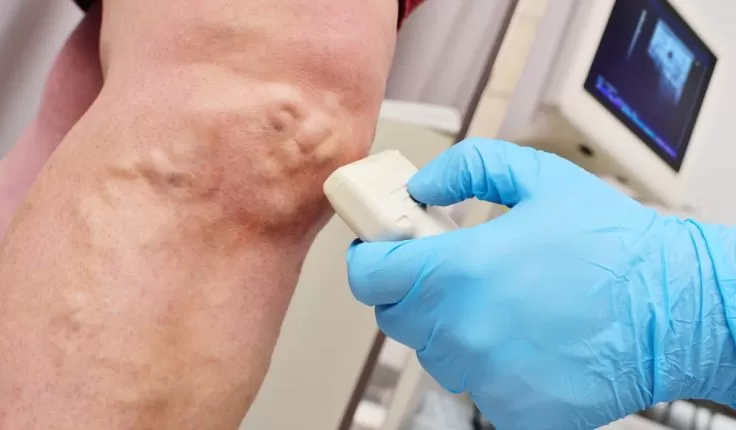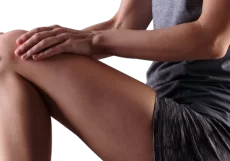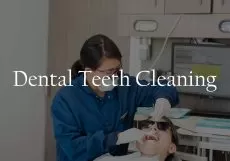What You Can Expect At Vein Clinic In Long Island?
0 Views

If a visit to a vein clinic is on the calendar, you might be unsure of what to anticipate. It can occasionally be unsettling to attend a medical facility, but knowing what to expect can help reduce your concerns. This article goes into great detail about what to expect at a vein clinic appointment.
Consultation With A Vein Specialist
There is always doubt in people’s minds about what is a vein doctor called. Well, it is a phlebologist. A vein specialist will direct you to the examination room, and you will be asked about your worries and symptoms throughout your session. The phlebologist will inquire about your medical background, any pain or discomfort you may be feeling, and any past vein-related treatments you may have received.
Physical Examination
Your visit will continue with a physical examination after that. The problematic portions of your legs or other veins will be extensively examined by the vein specialist. They will look for outward indications of vein issues like bulging veins or spider veins. This test aids the doctor in determining the severity of your problem.
Ultrasound Examination
The vein expert will frequently advise an ultrasonography examination. Sound waves are used in this painless process to produce photographs of the blood flow in your veins. It aids the specialist in identifying any blockages, leaks, or other vein-related problems. A professional technician will normally apply a gel to your skin before using a small instrument called a transducer to take pictures of your skin during an ultrasound.
Treatment Options:
If treatment is necessary, the vein specialist will explain the different options available to you. Common treatments for vein issues include:
- Compression Stockings: These are special stockings that help enhance the flow of blood in your legs.
- Sclerotherapy: This procedure involves infiltrating a solution straight into the concerned veins to seal them off.
- Endovenous Laser Treatment (EVLT): It uses laser energy to seal problematic veins.
- Radiofrequency Ablation (RFA): This treatment uses heat to close off problematic veins.
- Venous Surgery: To remove or repair damaged veins, surgery may be required in some circumstances.
The doctor will talk about which course of therapy is best for your disease and outline any potential hazards as well as the expected results.
Preparing For Treatment
You will be given information on how to be ready for the procedure if you and the doctor decide on a course of therapy. This might cover information on fasting, modifications to medicine, or other particular requirements. To guarantee the effectiveness of your therapy, it is crucial that you strictly adhere to these directions.
Treatment Method
Depending on the therapy type selected, the actual treatment process will change. For instance, during sclerotherapy, the specialist will inject the sclerosing solution into the afflicted veins using a small needle. When receiving a laser or radiofrequency treatment, the doctor will position you comfortably and administer the procedure with specialized tools.
Recovery And Follow-Up
You’ll be given guidelines for post-procedure care and rehabilitation after your therapy. This can entail using compression stockings, refraining from engaging in particular activities, or taking medicine as directed. You’ll also set up follow-up sessions to check on your development and make sure the medication is functioning as intended.
Conclusion
There are various phases involved in visiting a vein clinic, including signing in at the front desk, talking about your problems, getting checked out, and maybe getting treated. It’s critical to be ready for your consultation and to express your worries and inquiries to the vein specialist in an open manner. Keep in mind that vein problems may frequently be successfully treated and that going to the clinic is an important first step in enhancing your vein health and general well-being.
Related Posts












